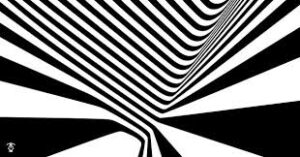
If you said a beautiful poem could be written about the beautifully messy process of giving birth, I’d say, “I’d like to see you try.”
Enter Kevin Young’s wow poem (as I call poems that bowl me over), “Crowning.” I’ve read it dozens of times, often aloud, often just to enjoy the sound devices that come in lovely waves like painless contractions.
It’s all there: alliteration, assonance, consonance. And colors. And words shifting their part of speech to allow for passage of a baby: “purpled power” and “crocused into air.”
A poem is born! The reader can do nothing but step back and offer congratulations. A fellow poet can do nothing but step back and say, “Wow! I wish I’d written that!”
Crowning
Kevin Young
Now that knowing means nothing,
now that you are more born
than being, more awake
than awaited, since I’ve seen
your hair deep inside mother,
a glimpse, grass in late
winter, early spring, watching
your mother’s pursed, throbbing,
purpled power, her pushing
you for one whole hour, two,
almost three, almost out,
maybe never, animal smell
and peat, breath and sweat
and mulch-matter, and at once
you descend, or drive, are driven
by mother’s body, by her will
and brilliance, by bowel,
by wanting and your hair
peering as if it could see, and I saw
you storming forth,
taproot, your cap of hair half
in, half out, and wait, hold
it there, the doctors say, and
she squeezing my hand, her face
full of fire, then groaning your face
out like a flower, blood-bloom,
crocused into air, shoulders
and the long cord still rooting
you to each other, to the other
world, into this afterlife
among us living, the cord
I cut like an iris, pulsing,
then you wet against mother’s chest
still purple, not blue, not yet
red, no cry,
warming now, now opening
your eyes midnight
blue in the blue black dawn.

